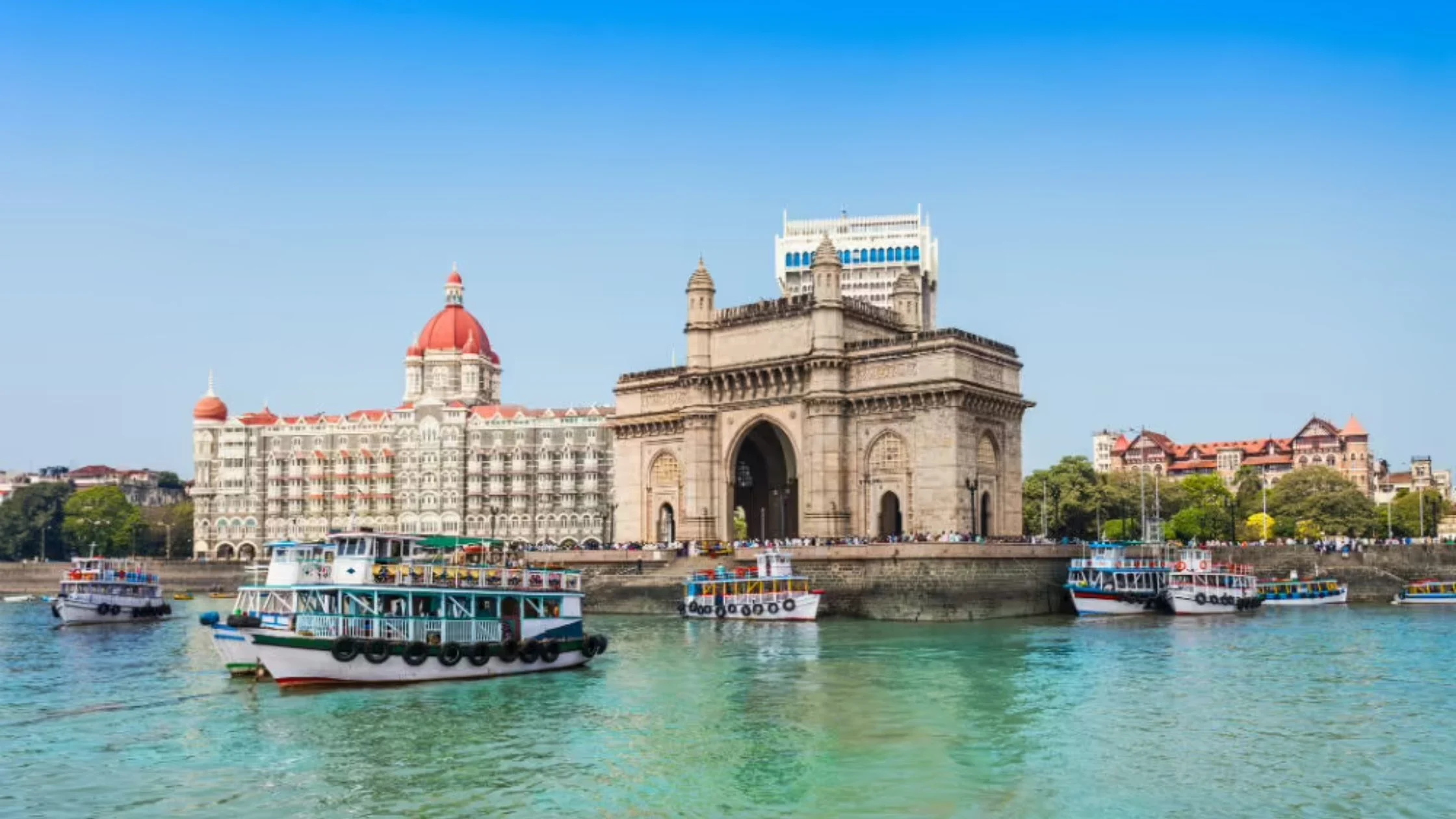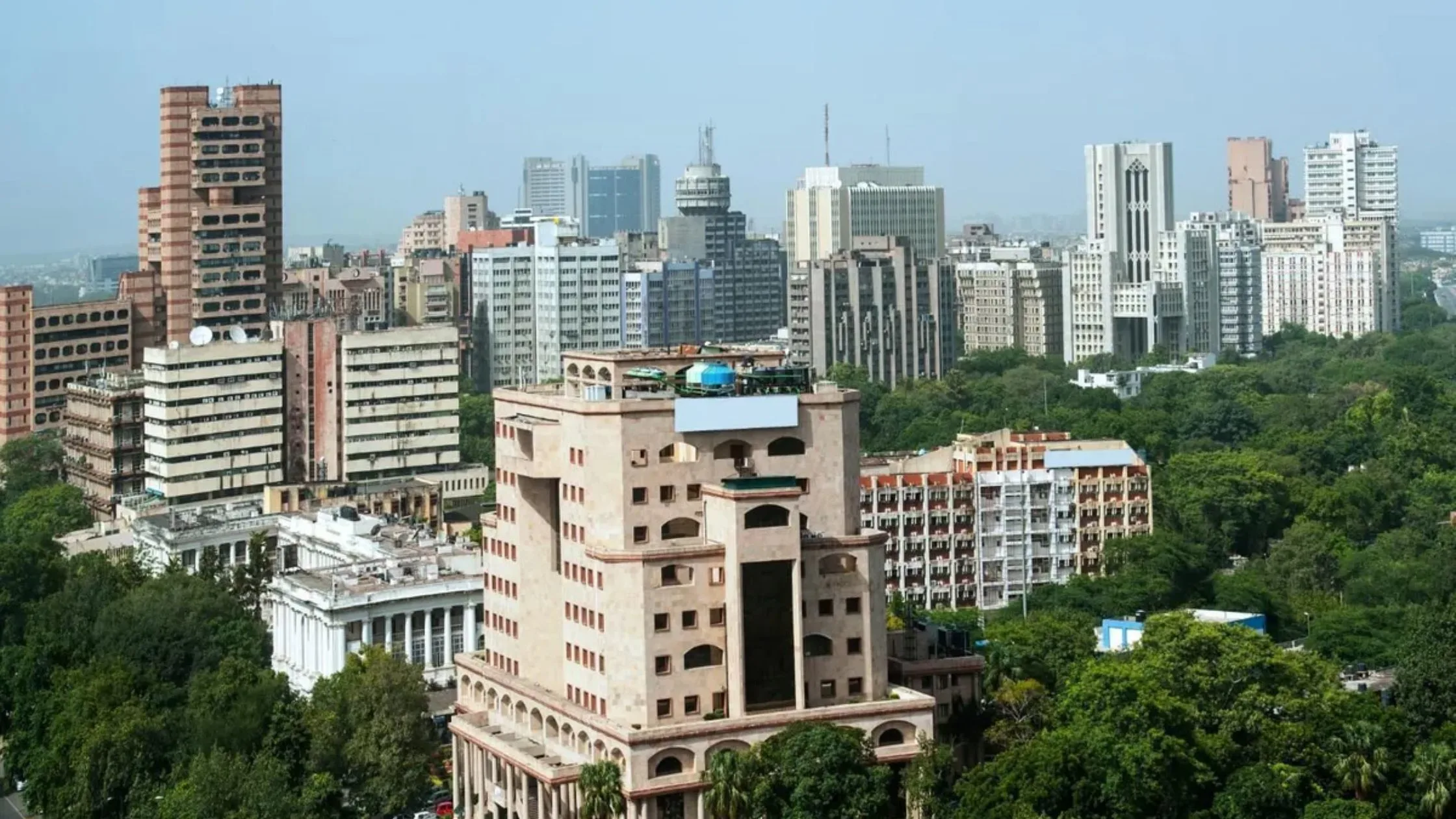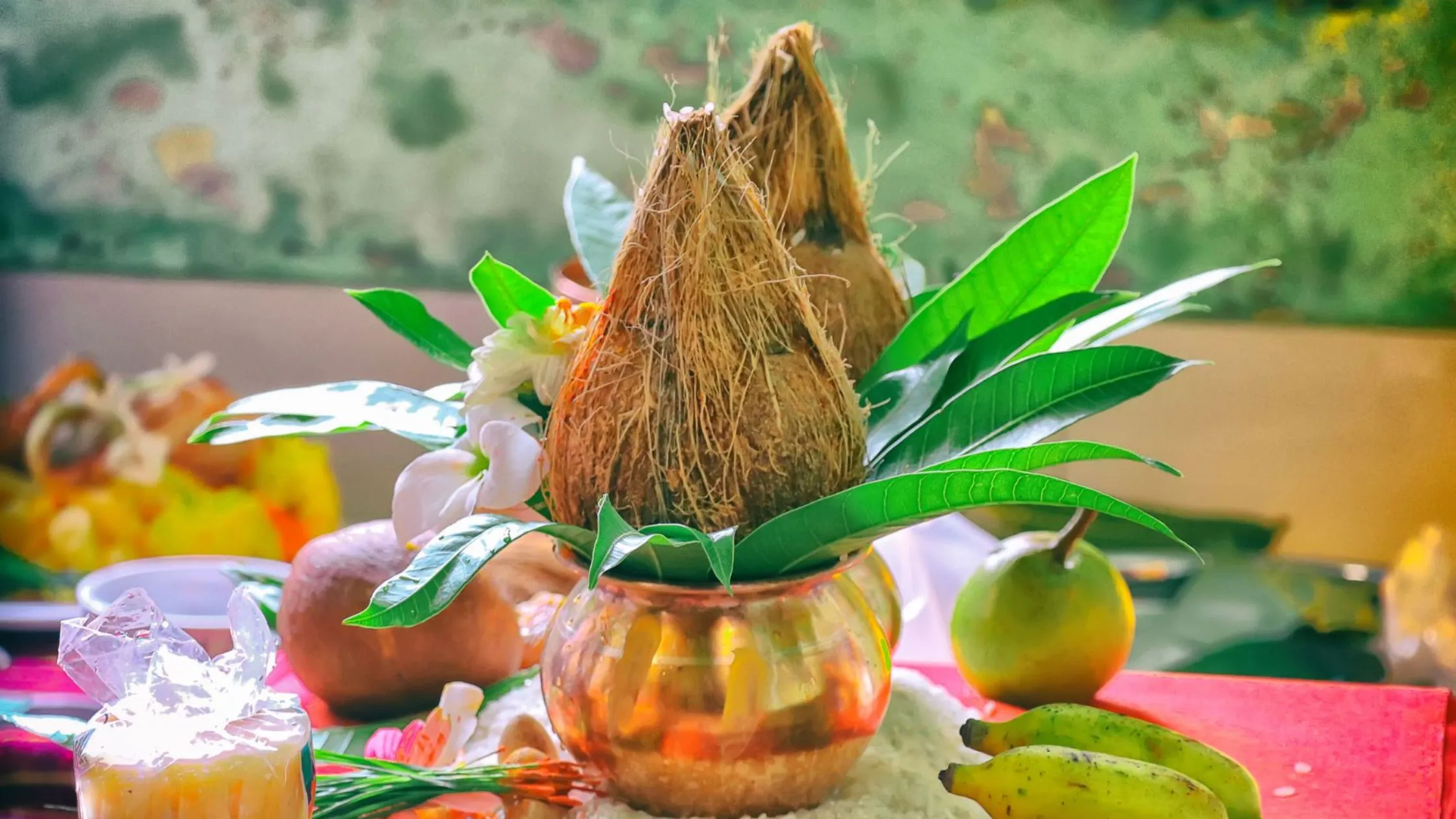Table of Content
▲
Mumbai is currently undergoing a transformative moment in urban renewal as major slum redevelopments for Jogeshwari, Chembur, & Kurla will come into play. In an audacious attempt to rejuvenate an area that has been troubled by housing misery for decades, the Maharashtra Housing Area Development Authority (MHADA) working with the Slum Rehabilitation Authority (SR), has concluded redevelopment proposals for housing slum clusters in Jogeshwari, Chembur, and Kurla.
A Collaborative Effort for Urban Renewal
The slum redevelopment plans for Jogeshwari, Chembur, and Kurla seek to remedy years of underinvestment and persistent problems in these regions with high dwelling densities. Mhada has submitted proper detailed plans in regard to the slums on its land in these three key regions. In particular, the redevelopment focuses on drawing out 80 slum households in Jogeshwari, 117 in Chembur, and 110 in Kurla. The projects are part of a larger plan to resettle approximately 2.2 lakh slum households across Mumbai, aiming to rehabilitate 2.8 -3 lakh households every year.
The redevelopment plans were prepared in accordance with Regulation 33(10) of the Development Control and Promotion Regulations 2034 (a regulatory regime specifically for slum areas). The SRA will carry out surveys, facilitate relaying, provide rental assistance and even manage the demolition of old hutments. On the other hand, Mhada would be responsible for funding and carrying out the redevelopment, with the full sale component being managed by the agency.
Also Read: Over 63,000 Tenements Surveyed as Dharavi Redevelopment Survey Enters Its Final Stage
Key Highlights of the Redevelopment Plans
- Inclusive Approach: The slum redevelopment plans for Jogeshwari, Chembur and Kurla cover ground-floor tenements and upper-floor buildings, meaning the thorough redevelopment of the slum as a whole will be done. The thorough redevelopment of the slum will make sure that every component of the community receives upgraded housing and infrastructure.
- Government and Private Collaboration: The initiative is a partnership with significant contribution by government agencies, between the SRA and Mhada. The model is meant to be reproducible in other areas of Mumbai that face the same issues.
- Community-Centric Development: The plans highlight not just the physical rebuilding of homes, but also the development of community spaces, improved amenities, and upgraded city infrastructure. This comprehensive redevelopment is predicted to enhance the quality of life in these neighbourhoods, as well as integrate those neighbourhoods more appropriately into the larger city of Mumbai.
Anticipated Impact and Future Prospects
The redevelopment schemes for Jogeshwari, Chembur & Kurla are anticipated to trigger a wider change in Mumbai’s urban environment. Redevelopment will not just create safer, more permanent housing for thousands of people, but it will also help with the economic development of the city. Thanks to strong state-supported initiatives such as the Rebuild Kerala Initiative, and similar ones throughout Mumbai, we feel increasingly confident that the area being redeveloped can be a model for the way forward in future redevelopments.
Additionally, the successful execution of these plans could pave the way for further investments in urban renewal and affordable housing, ultimately making Mumbai a more inclusive city.
Conclusion
The plans for slum redevelopment for Jogeshwari, Chembur & Kurla that are officially adopted represent an important milestone towards building a more sustainable and equitable city in Mumbai. By undergoing comprehensive redevelopment of chronic housing issues, the government is improving the lives of impacted residents, while demonstrating a positive example for future urban projects. As these undertakings come to fruition, stakeholders across the city will look back on this transformative time of blending contemporary infrastructure with a community-centred model of development.
Also Read: Godrej Properties Secures 6.54 Acres from CIDCO in Navi Mumbai for Rs 717 Crore

_1743142469.webp)





_1771410929.webp)
Ans 1. The plans target comprehensive redevelopment of slum clusters in Jogeshwari (80 households), Chembur (117 households), and Kurla (110 households) to improve housing and infrastructure.
Ans 2. The initiative is led by the Maharashtra Housing Area Development Authority (MHADA) in collaboration with the Slum Rehabilitation Authority (SRA), ensuring both funding and project management.
Ans 3. The plans follow Regulation 33(10) of the Development Control and Promotion Regulations 2034, specifically designed for slum areas.
Ans 4. MHADA will fund and execute the redevelopment, while the SRA conducts surveys, facilitates relocation, provides rental assistance, and manages demolition of old structures.
Ans 5. Besides improved housing, the redevelopment will include upgraded infrastructure, community spaces, enhanced amenities, and better urban integration for affected residents.
Ans 6. The project is expected to serve as a model for future urban regeneration, boosting economic development and encouraging further investments in affordable housing.
Ans 7. It aims to provide sustainable, safe housing, reduce chronic issues of underinvestment, and transform Mumbai’s urban landscape into a more inclusive city.
Ans 8. Their partnership combines government funding with technical expertise, ensuring a holistic approach to slum redevelopment and addressing longstanding urban challenges effectively.